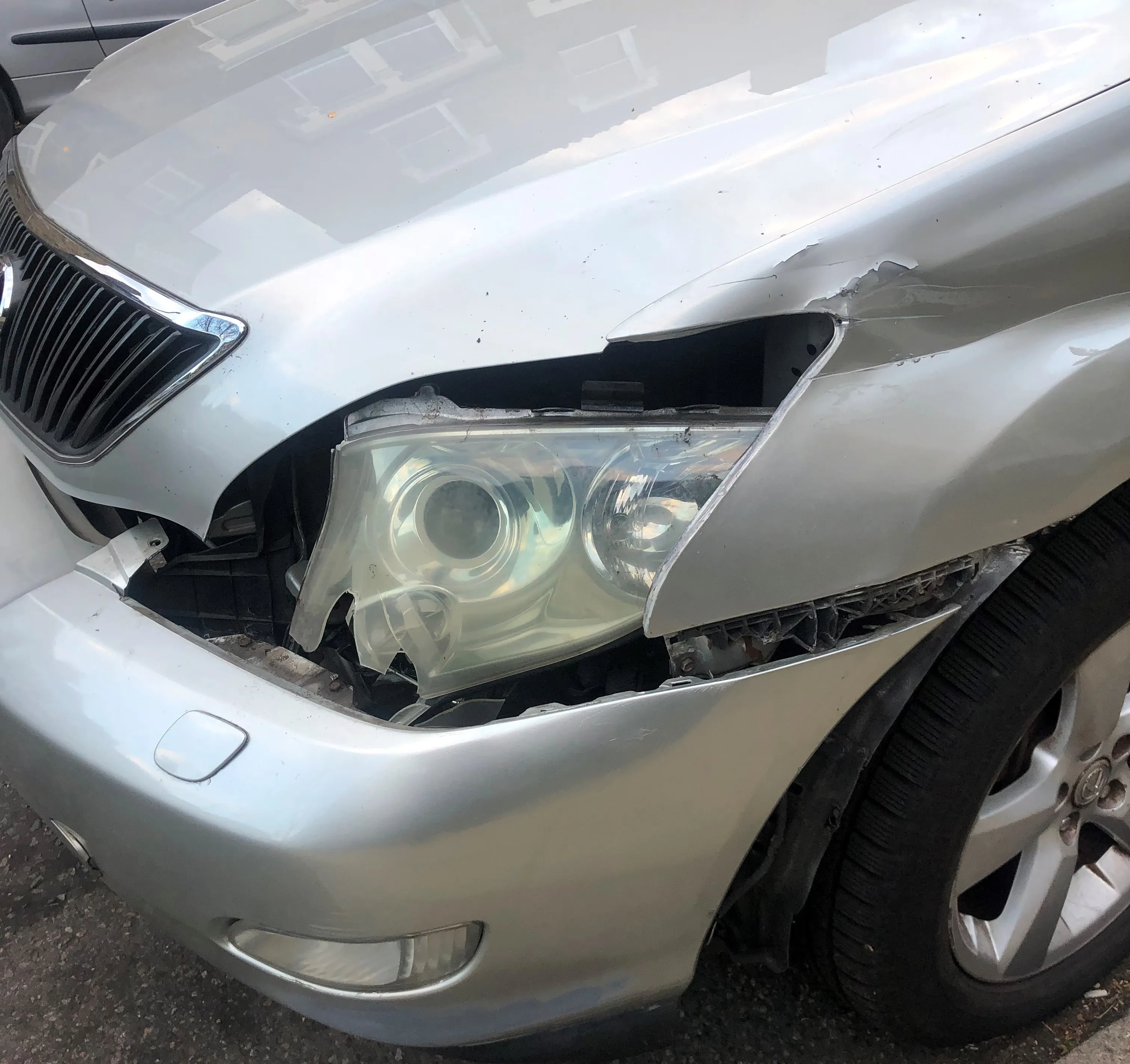The International Transport Forum is releasing a new report intended to help cut crashes worldwide. The report has been compiled by international experts and analyses the experience of Safe System countries and offers guidance for countries seeking to reduce road deaths. The report highlights need for a new approach to cutting the casualty toll and is called Zero Road Deaths and Serious Injuries: Leading a Paradigm Shift in Road Safety.
It has a number of core recommendations. The conventional approach
October 3, 2016
Read time: 3 mins
The 1102 International Transport Forum is releasing a new report intended to help cut crashes worldwide. The report has been compiled by international experts and analyses the experience of Safe System countries and offers guidance for countries seeking to reduce road deaths. The report highlights need for a new approach to cutting the casualty toll and is called Zero Road Deaths and Serious Injuries: Leading a Paradigm Shift in Road Safety.
It has a number of core recommendations. The conventional approach to road safety seeks incremental improvements to current practice. However a Safe System works backwards from the vision of eliminating road fatalities and serious injuries, giving new perspectives as to effective instruments
In the countries and cities that have adopted a Safe System, innovation occurred where leaders strongly felt that the current approach no longer delivered. Strong and visionary leaders, who galvanise policy making as well as public opinion, open the way for others to follow and ensure that a sense of urgency permeates government agencies.
Today, avoiding harmful crashes is the responsibility of the road user. A Safe System requires everyone with a role in the traffic environment to recognise this role and assume responsibility for making traffic safe. Shared responsibility is the basis for integrated policies and complementary actions that leverage all parts of a Safe System for greater overall safety.
The Swedish government was able to report in 2008 that no child had been killed in a bicycle crash that year. A number of cities in Europe, Japan and the US recorded no road fatality in the course of a year, and 16 towns in Europe of more than 50,000 inhabitants had no traffic fatalities in five years.
Iain Cameron, chairman of the Working Group of more than 30 road safety experts from 24 countries and organisations which prepared the report and said, “We need a paradigm shift in road safety policy to stop the road death epidemic, and we need it now. It is unrealistic to expect that education and enforcement alone will bring the needed step change. Even road users who know and follow the rules make mistakes. A Safe System creates an environment in which simple mistakes will no longer kill people.”
The issue of road safety is a critical one as road crashes are the leading cause of death worldwide for young people aged 15-29 and the ninth leading cause of death overall, killing more people than malaria or tuberculosis. Rapid motorisation in many lower-income countries points to rising numbers of road deaths in the future, while in many higher-income countries, progress in reducing fatalities has stalled.
The United Nations set a target to halve the number of road fatalities over the coming years. Achieving the 50% reduction enshrined in the UN Sustainable Development Goals will require governments to fundamentally review road safety policies.
José Viegas, Secretary-General of the International Transport Forum said, “There is huge potential for lower-income countries to leapfrog the spikes in road fatalities usually seen with growing car numbers, by drawing on lessons from the Safe System pioneers. Investments into capacity-building measures for those countries will pay off in human lives saved.”
The ITF report highlights how cities can use a Safe System to improve road safety for the high share of vulnerable road users such as pedestrians, cyclists, motorcyclists or seniors in urban traffic.
The report Zero Road Deaths and Serious Injuries: Leading a Paradigm Shift in Road Safety is %$Linker:2 External <?xml version="1.0" encoding="utf-16"?><dictionary /> 0 0 0 oLinkExternal available online Visit zero road deaths web page false http://itf-oecd.org/zero-road-deaths false false %>.
It has a number of core recommendations. The conventional approach to road safety seeks incremental improvements to current practice. However a Safe System works backwards from the vision of eliminating road fatalities and serious injuries, giving new perspectives as to effective instruments
In the countries and cities that have adopted a Safe System, innovation occurred where leaders strongly felt that the current approach no longer delivered. Strong and visionary leaders, who galvanise policy making as well as public opinion, open the way for others to follow and ensure that a sense of urgency permeates government agencies.
Today, avoiding harmful crashes is the responsibility of the road user. A Safe System requires everyone with a role in the traffic environment to recognise this role and assume responsibility for making traffic safe. Shared responsibility is the basis for integrated policies and complementary actions that leverage all parts of a Safe System for greater overall safety.
The Swedish government was able to report in 2008 that no child had been killed in a bicycle crash that year. A number of cities in Europe, Japan and the US recorded no road fatality in the course of a year, and 16 towns in Europe of more than 50,000 inhabitants had no traffic fatalities in five years.
Iain Cameron, chairman of the Working Group of more than 30 road safety experts from 24 countries and organisations which prepared the report and said, “We need a paradigm shift in road safety policy to stop the road death epidemic, and we need it now. It is unrealistic to expect that education and enforcement alone will bring the needed step change. Even road users who know and follow the rules make mistakes. A Safe System creates an environment in which simple mistakes will no longer kill people.”
The issue of road safety is a critical one as road crashes are the leading cause of death worldwide for young people aged 15-29 and the ninth leading cause of death overall, killing more people than malaria or tuberculosis. Rapid motorisation in many lower-income countries points to rising numbers of road deaths in the future, while in many higher-income countries, progress in reducing fatalities has stalled.
The United Nations set a target to halve the number of road fatalities over the coming years. Achieving the 50% reduction enshrined in the UN Sustainable Development Goals will require governments to fundamentally review road safety policies.
José Viegas, Secretary-General of the International Transport Forum said, “There is huge potential for lower-income countries to leapfrog the spikes in road fatalities usually seen with growing car numbers, by drawing on lessons from the Safe System pioneers. Investments into capacity-building measures for those countries will pay off in human lives saved.”
The ITF report highlights how cities can use a Safe System to improve road safety for the high share of vulnerable road users such as pedestrians, cyclists, motorcyclists or seniors in urban traffic.
The report Zero Road Deaths and Serious Injuries: Leading a Paradigm Shift in Road Safety is %$Linker:








